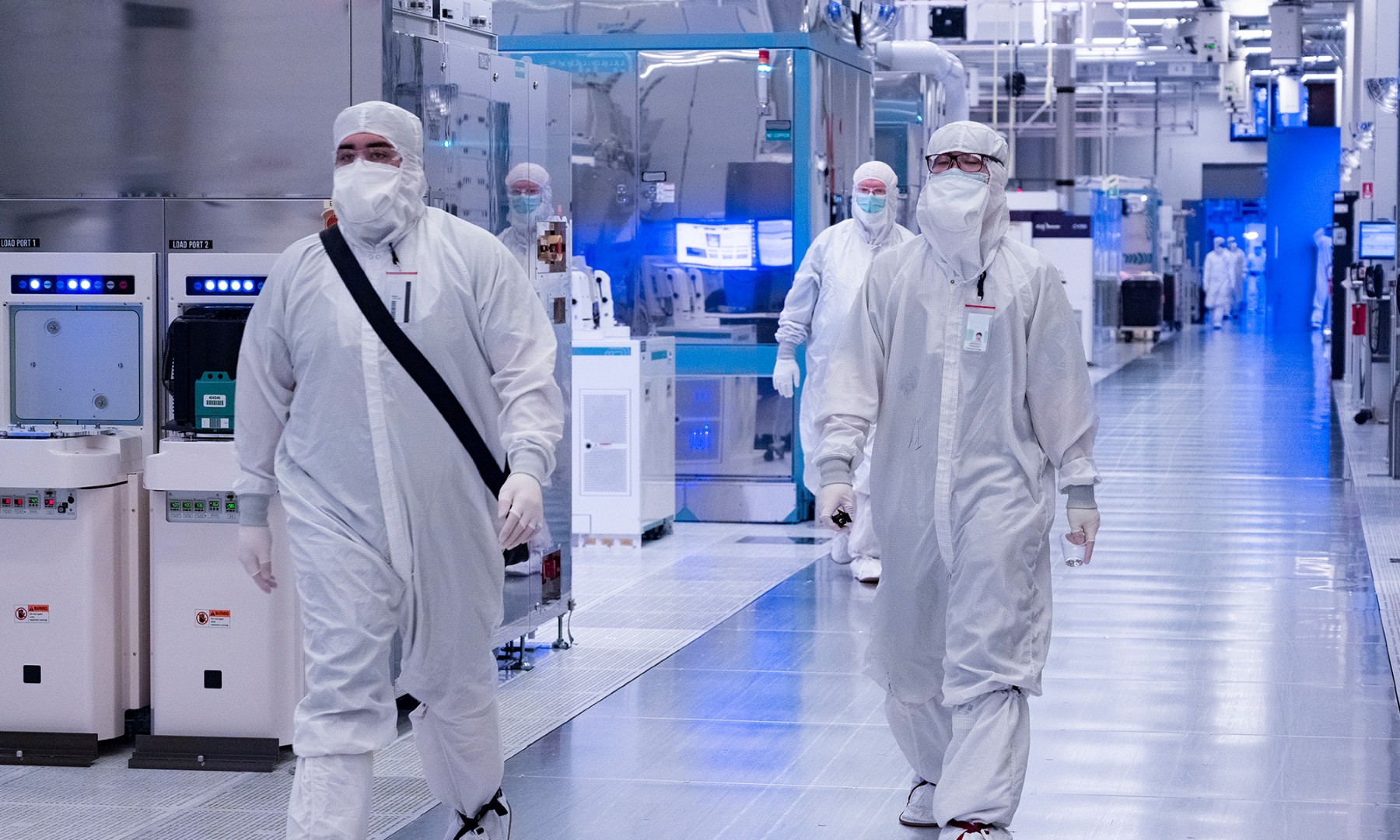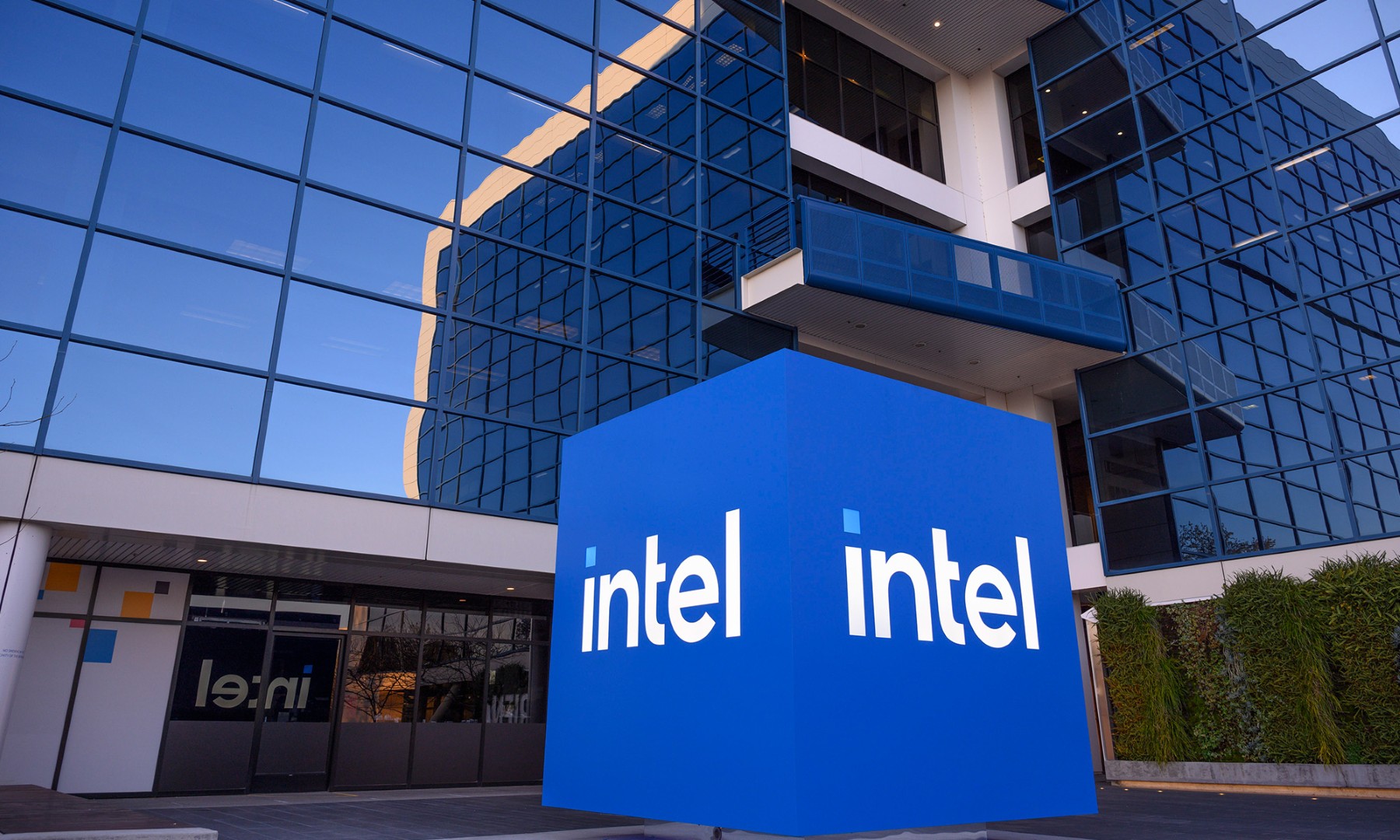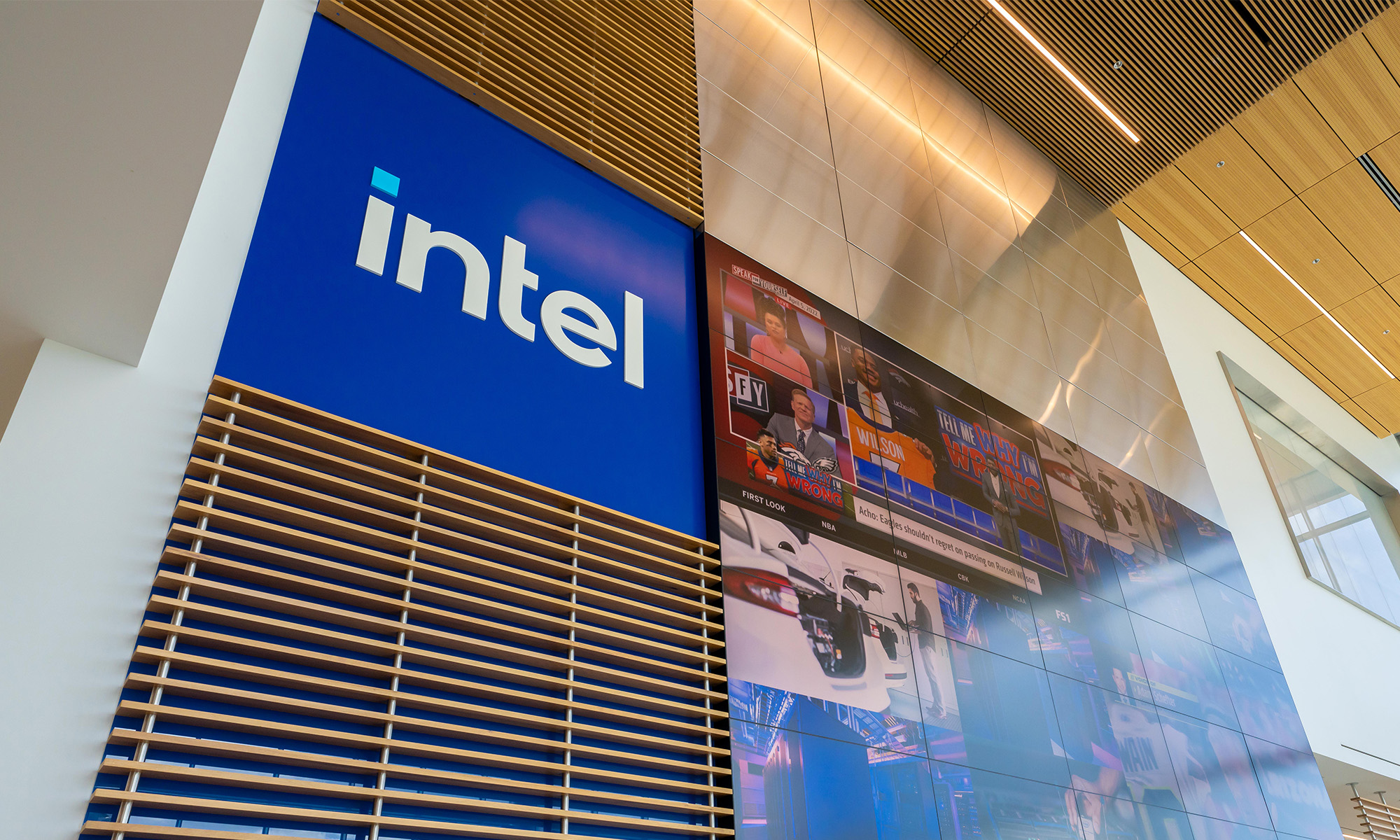Over at Seeking Alpha, reader Allen J. Franklin asks the following question:
With the approximately 16 Billion Dollars spent to buy Altera, and the absolute destruction of their previously pristine balance sheet, where will Intel find the cash to fund future dividend increases?
Let's parse this into two questions that are worth answering individually:
- Did Intel (INTC +5.93%) "destroy" its balance sheet with its purchase of field-programmable gate array maker Altera (NASDAQ: ALTR)?
- How will Intel "fund future dividend increases"?
No, Intel didn't destroy its balance sheet
The problem with the assertion that Intel "destroyed" its balance sheet is that it assumes debt is automatically a bad thing. It's not. If a company takes out debt to fund an acquisition that will ultimately deliver greater returns than what the debt costs, then it's not "bad."
Furthermore, Intel produces significant free cash flow. Last year, the chipmaker generated $20.4 billion in cash from operations, of which $10.1 billion went to capital expenditures. This left a cool $10.3 billion for the company to use for share repurchases, dividends, and so on.
If we assume Intel can fairly consistently generate about $10 billion per year in free cash flow, and if we assume management keeps the annual dividend constant at $0.96 per share, this still leaves about $5.28 billion in cash that can be returned to shareholders, used to service debt, or for other purposes.
Now, get this. Even if Intel had to borrow $13.68 billion to pay for Altera at, say, a 4.5% interest rate, then Intel's annual interest expense on this debt would work out to about $616 million. Over the trailing 12-month period, Altera generated $604.2 million in free cash flow, according to YCharts. This means Altera's current free cash flow should just about cover any interest expense that Intel incurs from debt used to finance this transaction.

Source: YCharts.
So it's hard to buy the argument that the Altera purchase has "destroyed" Intel's balance sheet when Intel is generating substantial free cash flow and seems able to service this debt without issue.
How about those future dividend increases?
The next question addresses how Intel will fund future dividend increases. The company has publicly said it aims to pay out 40% of its free cash flow to investors in the form of a dividend. To increase its payout, Intel will need to do one of two things:
- Grow free cash flow
- Increase the percentage of its free cash flow allocated to the dividend
Given that Intel went roughly two years without increasing its dividend, and only boosted it when management seemed to think 2015 would turn out better than it seems to be playing out, I suspect Intel's management and board of directors aren't too keen on option No. 2.
Will the Altera purchase prove smart? Only time will tell
The jury is still out on whether Intel's Altera buy will ultimately prove to be worth the price. I like Intel's strategic reasoning for the deal, but a sound strategy is nothing without equally good execution.
That said, despite questions on whether this deal will create the kind of value that Intel hopes, I don't think this purchase will ultimately impact Intel's ability to pay its dividends (since Altera's free cash flow seems to cancel out any interest payments on debt that Intel will have to take on for this deal), nor do I believe it "destroys" Intel's balance sheet.







